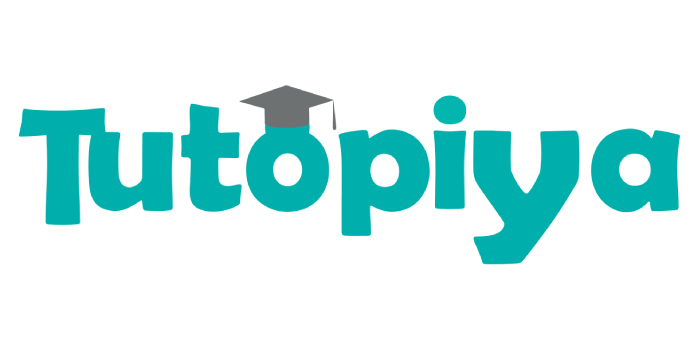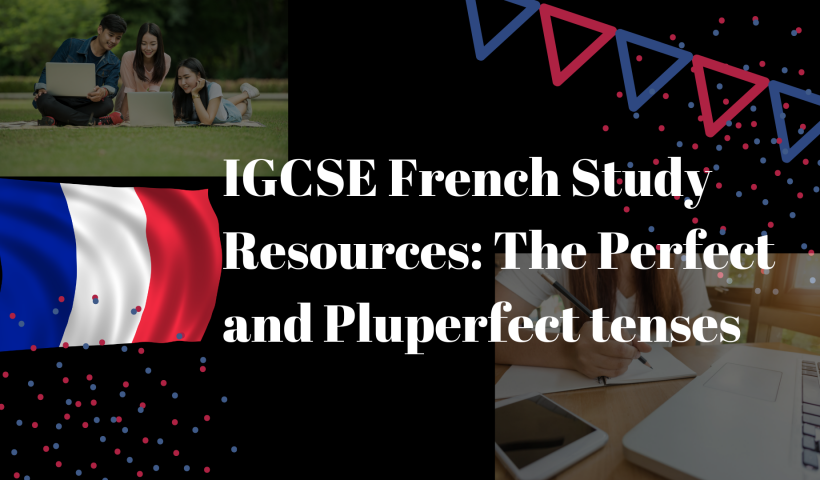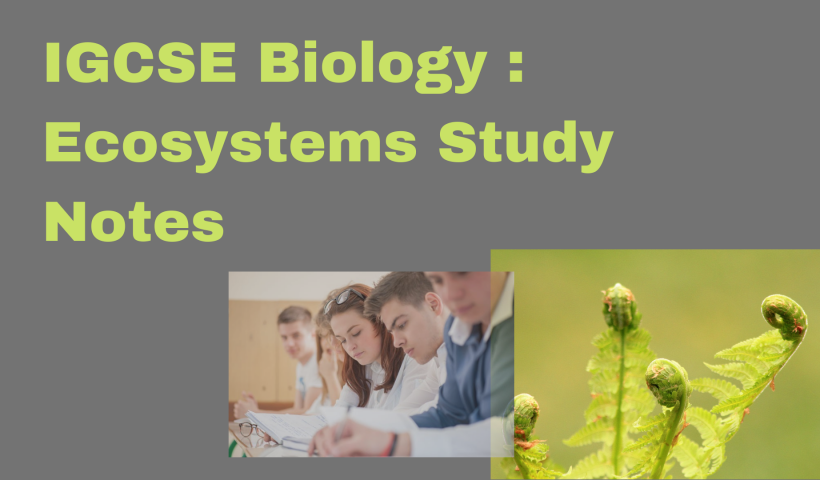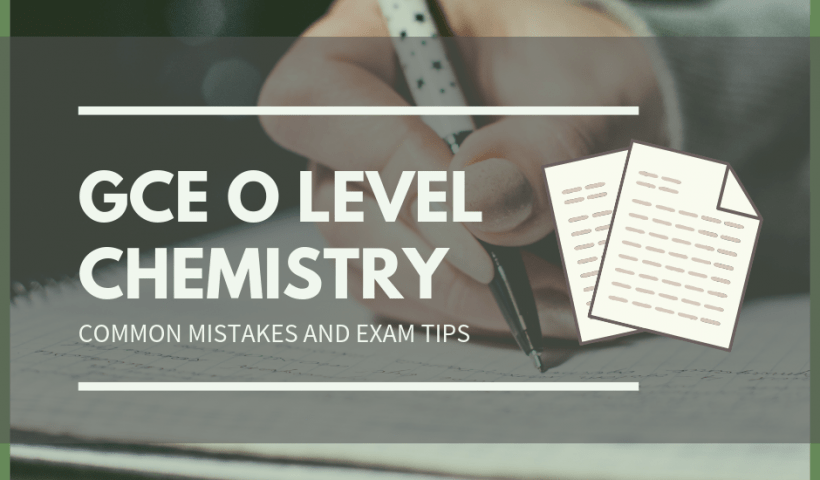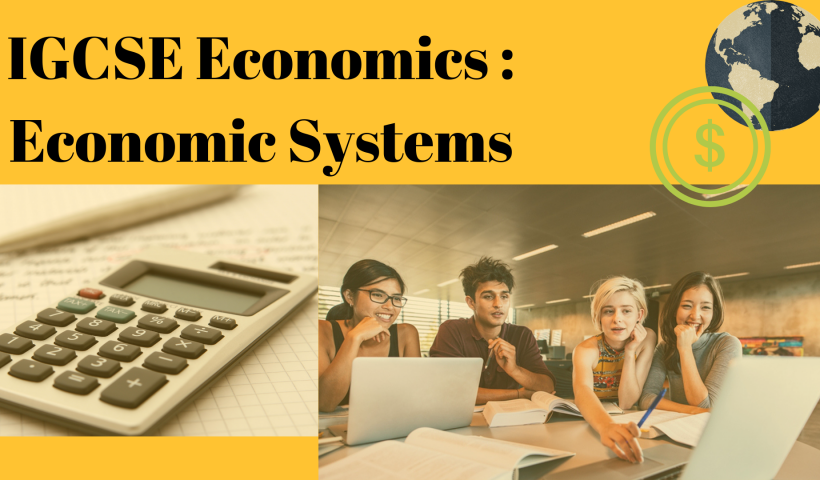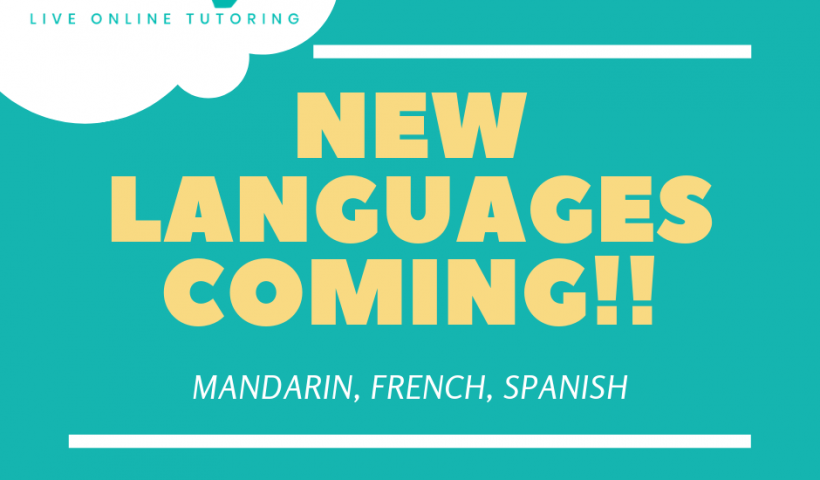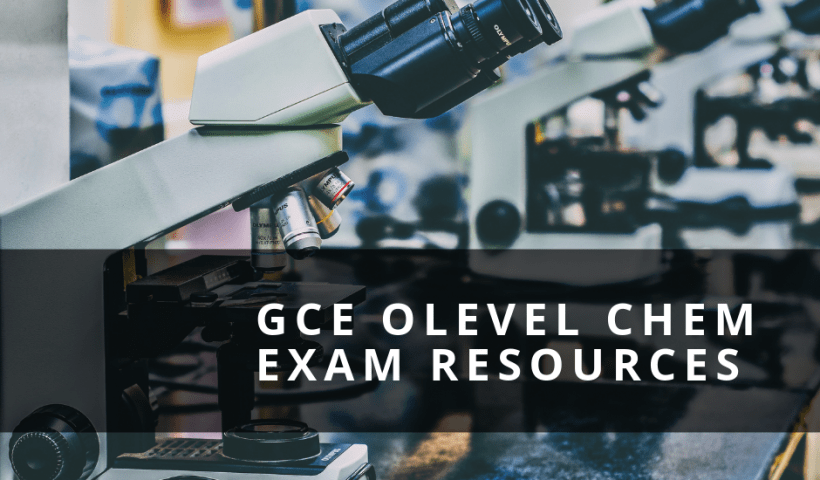Learning another language at IGCSE can be very rewarding, particularly if you get the chance to use your language skills abroad or in your future…
View More IGCSE French Study Resources: The Perfect and Pluperfect tensesCategory: Blog
IGCSE Biology : Ecosystems Study Notes
The Sun is the principal source of energy input to biological systems. The Earth receives 2 main types of energy from the Sun: light (solar)…
View More IGCSE Biology : Ecosystems Study NotesHow to Ace the GCE O Level Chemistry?
Wondering how to ace the GCE O Level Chemistry? Fret not! Tutopiya has some common mistakes and tips to help our secondary 4 Express and…
View More How to Ace the GCE O Level Chemistry?IGCSE Economics : Economic Systems
Economy: an area where people and firms produce, trade and consume goods and services. This can vary in size- from your local town to your country,…
View More IGCSE Economics : Economic SystemsTutopiya is introducing NEW languages!
Tutopiya is introducing new languages! We are introducing Mandarin, French and Spanish. We have prepared our tutors to teach the syllabuses of any international and…
View More Tutopiya is introducing NEW languages!GCE O Level Chemistry – Exam Resources
Looking for GCE O Level Chemistry Exam Resources to prepare yourself for the upcoming O Level Chemistry exam? Tutopiya has useful resources to share with…
View More GCE O Level Chemistry – Exam Resources